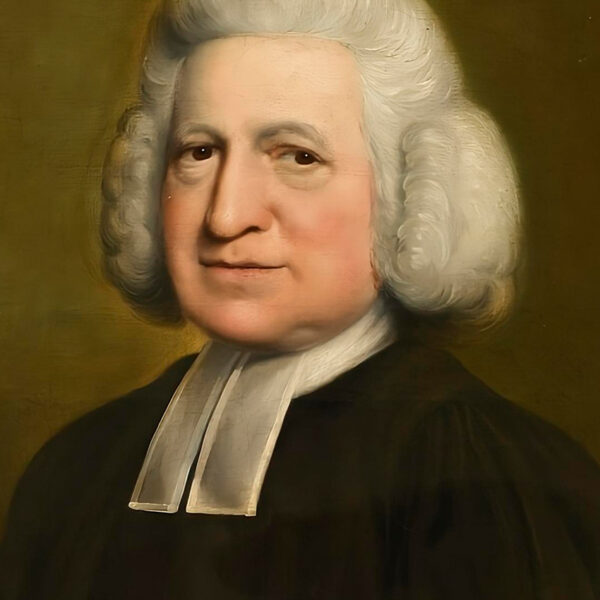Amazing Love: A Reflection on Charles Wesley’s “And Can It Be”
Charles Wesley, the prolific hymnwriter and co-founder of Methodism, had a profound encounter with God’s amazing love that forever changed his life. This transformative experience poured out in many of his hymns, but perhaps none capture the wonder and awe of divine grace quite like “And Can It Be.”
The Scandal of Grace
From the very first line, Wesley confronts us with the scandalous nature of God’s love: “And can it be that I should gain an interest in the Savior’s blood?” It’s a question that cuts to the heart of the gospel. Why would the perfect, holy God offer salvation to rebellious sinners like us?
Wesley doesn’t shy away from the uncomfortable reality of our condition. He acknowledges that we are the ones “who caused His pain,” the ones “who Him to death pursued.” We are guilty, helpless, and lost. Yet, in the face of our utter unworthiness, God’s love remains steadfast and pursues us still.
The Marvel of the Incarnation
In the second verse, Wesley marvels at the depths of Christ’s condescension. The eternal Son, who enjoyed unbroken fellowship with the Father in heaven, freely chose to empty Himself and take on human flesh. “He left His Father’s throne above, so free, so infinite His grace. Emptied Himself of all but love, and bled for Adam’s helpless race.”
This is the heart of the incarnation: God becoming man, the Creator entering His creation, all for love’s sake. It’s a truth that should leave us stunned and humbled. The King of kings stepped down from His throne to bear the cross for His rebellious subjects. Amazing love, indeed!
The Power of Liberation
But the story doesn’t end at the manger or even the cross. In verse three, Wesley testifies to the liberating power of God’s grace in his own life. He describes his former state as a prison, his spirit “fast bound in sin and nature’s night.” But then, in a moment of divine intervention, “Thine eye diffused a quickening ray, I woke, the dungeon flamed with light.”
This is the transforming work of the Holy Spirit, opening blind eyes, softening hard hearts, and setting captives free. When God’s grace breaks through, chains fall off, prison doors swing wide, and we are free to rise up and follow Christ. It’s a freedom that Wesley himself experienced, and one that is available to all who put their trust in the Savior.
The Confidence of the Redeemed
In the final verse, Wesley revels in the confidence and security of the redeemed. “No condemnation now I dread; Jesus, and all in Him, is mine!” In Christ, we are clothed in divine righteousness, enabling us to approach God’s throne with boldness and claim the eternal inheritance that Christ purchased for us.
This is the ultimate end of God’s amazing love: not just to rescue us from sin and death, but to bring us into the full rights and privileges of God’s children. In Christ, we are no longer slaves, but sons and daughters of the King.
Love Beyond Measure
As we reflect on the profound truths of “And Can It Be,” may we be freshly amazed at the love of God. May we marvel at the lengths to which He went to save us, and may we rejoice in the freedom and confidence we have in Christ.
Like Charles Wesley, may we never lose the wonder of this simple yet life-altering truth: “Amazing love! How can it be that Thou, my God, shouldst die for me?”

